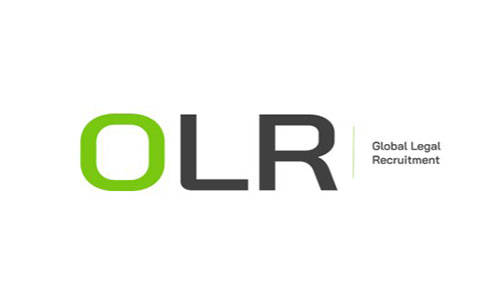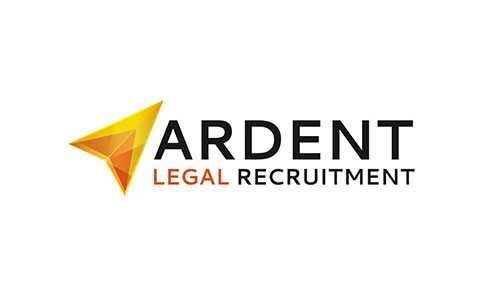
A new white paper from the Mindful Business Charter argues that poor lawyer wellbeing carries measurable commercial risks for law firms.
The report calls for structural changes to reduce unnecessary stress, warning that traditional wellness initiatives alone aren’t enough.
The Mindful Business Charter (MBC) has released a new white paper arguing that workplace wellbeing is as much a commercial priority as an ethical one for law firms.
Drawing on more than 120 studies, the report outlines why firms that fail to act on mental health risks are exposing themselves to serious costs - financially, operationally and even reputationally.
The paper, The Business Case for Wellbeing & The Mindful Business Charter, urges legal leaders to move away from surface-level wellness interventions and lean into structural reforms that tackle unnecessary stress at the root.
The MBC is backed by dozens of City firms and large companies, including the likes of A&O Shearman, Linklaters and Lloyds Banking Group.
Key findings
Stress is expensive
The report estimates that poor mental health accounts for more than 10% of staffing costs, driven by mistakes, absence, presenteeism (face time in other words), and attrition.
Highly stressed employees are 11x more likely to make costly errors, while presenteeism alone can reduce productivity by nearly 20%, according to research cited in the report.
Clients are watching
In-house teams are increasingly scrutinising law firms’ wellbeing practices as part of procurement decisions.
In the US, companies like Barclays, 3M and WMware now consider whether their panel firms have signed the American Bar Association’s Wellbeing Pledge, and ask what specific actions they have taken to promote wellbeing.
Wellness programmes aren’t enough
Billions are spent annually on employee assistance programmes (EAPs) and other workplace wellbeing initiatives, like wellness apps, meditation sessions and occasional training, but research from Deloitte shows 68% of employees don’t even access the resources.
The paper argues these solutions fail because they treat symptoms, not causes, asking "employees to cope with role-induced stress, rather than addressing the systemic factors that contribute to it."
Attrition is a measurable risk
Attrition remains sky-high in Big Law firms using the Cravath model which follows an "up-or-out" system where associates are expected to either be promoted after a certain number of years or leave the firm.
Replacing an associate can cost up to twice their salary, and one estimate suggests a 100-associate US firm could lose $5.6 million annually from lawyer churn alone.
Younger lawyers demand more
Surveys show millennials and Gen Z value wellbeing over salary. Firms that ignore this shift risk falling behind in the legal talent war.
The MBC fix
Rather than one-off workshops or reactive wellbeing tools, the MBC promotes sustainable, practical changes across four pillars:
- Openness and Respect - Create and facilitate safe, open cultures to build trust.
- Smart Meetings and Communications - Think about what you are saying, when, and to whom.
- Respecting Rest Periods - Give consideration to the need for you and others to switch off.
- Mindful Delegation - Collaborate, instruct and delegate with care.
Why it matters
As firms grapple with rising people costs, AI-driven disruption and growing client pressure to differentiate, the MBC says the case for wellbeing is more strategic than ever arguing that firms "that invest in structured, evidence-based approaches to workplace wellbeing will gain a competitive advantage".
It concludes by saying "Firms that invest in their people will be more resilient, more profitable, and better placed to deliver exceptional service to their clients."
For more on the Mindful Business Charter and how its members are changing their working practices (including a great example of a large project Pinsent Masons delivered for Lloyds), see our conversation with MBC CEO and former City law partner Richard Martin on The Non-Billable Podcast.
Join 10,000+ City law professionals who start their day with our newsletter.
The essential read for commercially aware lawyers.







